Some say China remains limited in its global role
Updated: 2013-08-12 10:53
By Jonathan Fenby (China Daily)
|
||||||||
China's economic expansion and emergence on to the world scene has been the most important development since the end of the Cold War, leading some commentators to conclude that the 21st century belongs to the People's Republic or, simply, that China will rule the world.
Such predictions are likely to prove mistaken, not simply because the economic projections on which they are based are changing but also because of the underlying question of whether China wants to play such a role.
Of course, China has established itself as a huge player in regions where its investments and purchases of raw materials provide a significant boost to the incomes of countries ranging from Australia to Angola, Brazil to Iran. With its worldwide investments, a permanent seat on the United Nations Security Council, nuclear weapons, its contributions of troops to UN peacekeeping forces and the network of Confucius Institutes spreading the cultural message, China's geopolitical place might seem assured.
But, for all this, the nation's foreign policy remains circumscribed and its global role far more limited than supposed by those who see the world learning Mandarin and following a "Chinese model". It insists that nations should not interfere in the internal affairs of other states.
Although the step may meet China's short-term interests, it hardly constitutes a coherent foreign policy for a global giant.
Complaining about operating in a world system with rules set before it became involved, Beijing has come up with few initiatives to reform the way global finance or politics work. It operates bilaterally with countries in Southeast Asia or the providers of its raw materials. Its relations are scratchy with the other two major Asian powers, Japan and India.

 Celebrating Chinese Valentine's Day
Celebrating Chinese Valentine's Day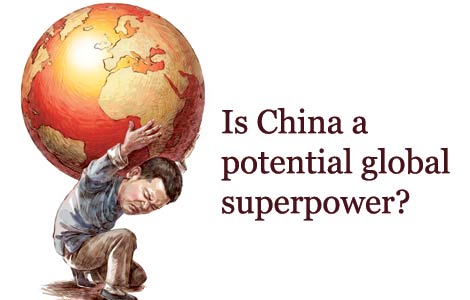
 Questioning China's achievements
Questioning China's achievements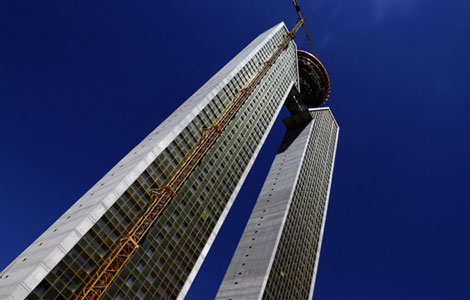
 Spanish skyscraper forgets elevator
Spanish skyscraper forgets elevator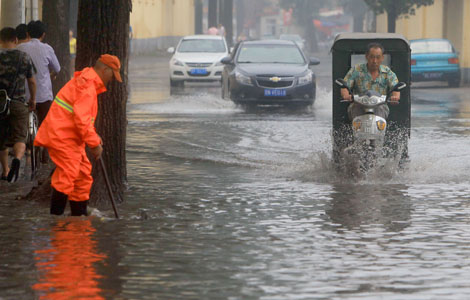
 Beijing rainstorm cancels flights, kills airport worker
Beijing rainstorm cancels flights, kills airport worker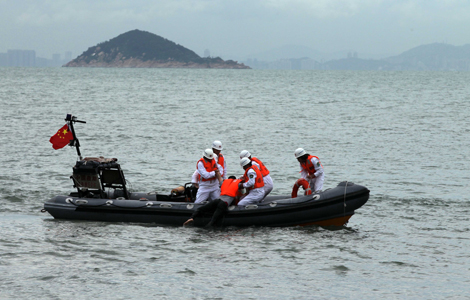
 Highs and lows of marine rescue
Highs and lows of marine rescue
 Lin Dan wins Olympic final rematch over injured Lee
Lin Dan wins Olympic final rematch over injured Lee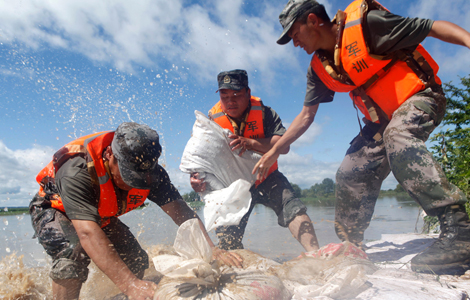
 Northeast China braces for major floods
Northeast China braces for major floods
 High-heeled, well heeled
High-heeled, well heeled
Most Viewed
Editor's Picks

|

|

|

|

|

|
Today's Top News
Fonterra gets further hit as it recalls milk powder
Chinese take a shine to fine china from UK
New green policy gives industries a big boost
Snowden's father to leave for Russia
Northeast China braces for major floods
Launches highlight India's ambitions
Chinese put on alert in Afghanistan
Questioning China's achievements
US Weekly

|

|




